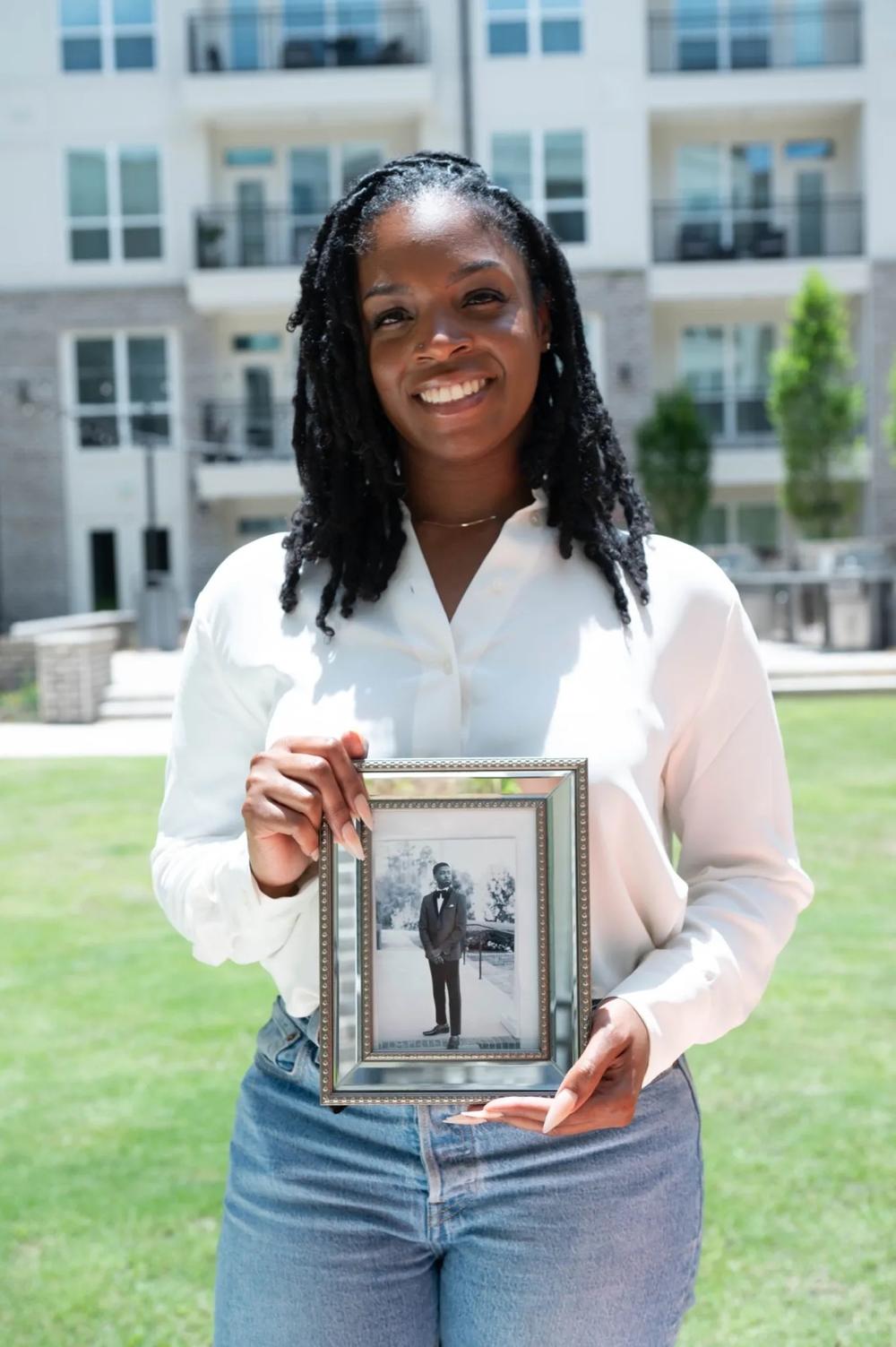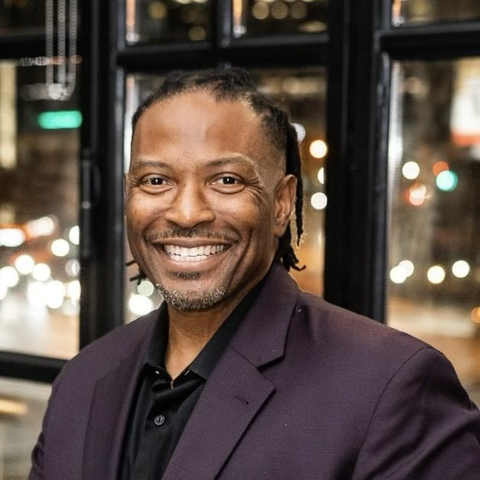
Section Branding
Header Content
Surviving suicide loss: Black veteran’s wife shares journey of adjustment and healing
Primary Content

Editor’s Note: September is National Suicide Prevention Month and The Atlanta Voice will feature stories of Black suicide survival and education. This is the first in what we hope can be a series of stories.
Elaine Mayfield lost her husband, Marcus Mayfield, a United States Air Force veteran, to suicide one year ago. Elaine is now trying to adjust to life without him and discover her new normal.
When Elaine thought back on the day of Marcus’s death, she remembered seeing minute indicators across the years. Elaine recalled noticing subtle signs over the years. “Marcus was very likable, very friendly, and always willing to help,” she remembered. “But over time, I noticed he was easily agitated and very sensitive about any failures.”
It wasn’t until after learning about Marcus’s first suicide attempt, years before they met, that she became vigilant about his emotional cues. “He told me that suicide felt like an addiction,” Elaine said. “He had described it as a way out when things got hard.”
According to the National Institute of Mental Health‘s website, women are more likely to receive mental health treatment than men, and men are more likely to die by suicide than women. Black boys and men account for 81% of suicide amongst Black Americans, according to data from the Center for Disease Control (CDC).
Elaine said the days leading up to Marcus’s death, which took place in his truck, were tumultuous, marked by arguments and misunderstandings about their future. “We had just moved into a new apartment [in Marietta after selling their home in South Fulton], and I started training for a new job,” Elaine said. “The stress levels were high for both of us.”
Marcus’s death doubled Elaine’s responsibilities in an instant. She had to balance her grief while making decisions about his funeral, running their small business, the couple owned an event space and an AirBnB property, taking care of her son, and managing her day-to-day life. “I had to quickly take care of all the necessary arrangements, and it felt like I couldn’t even mourn properly,” she said.
Elaine’s journey through grief also involved a series of emotional reckonings, not only with Marcus but with herself. “I was angry with him, and I blamed myself for not doing enough,” she admits. Conversations with Marcus’s family helped her find solace. “His stepdad told me that Marcus had been dealing with these issues for a long time and that if it hadn’t happened now, it could have happened later.”
Looking back at how she has handled this significant loss, Elaine realized she needed to change how she processed her grief. “For a long time, I held onto anger and didn’t fully mourn,” she said. “You need people who will just listen without judgment or trying to fix things. Sometimes, all you need is an ear.”
Elaine wants people to recognize when others are having a hard time coping. “Look for the signs, and if you feel someone close to you is struggling, try to help them find the support they need,” she said. “Listen to your loved ones, be vigilant about the signs, and most importantly, try to provide a supportive and nonjudgmental space.”
This story comes to GPB through a reporting partnership with Atlanta Voice.


